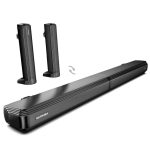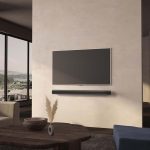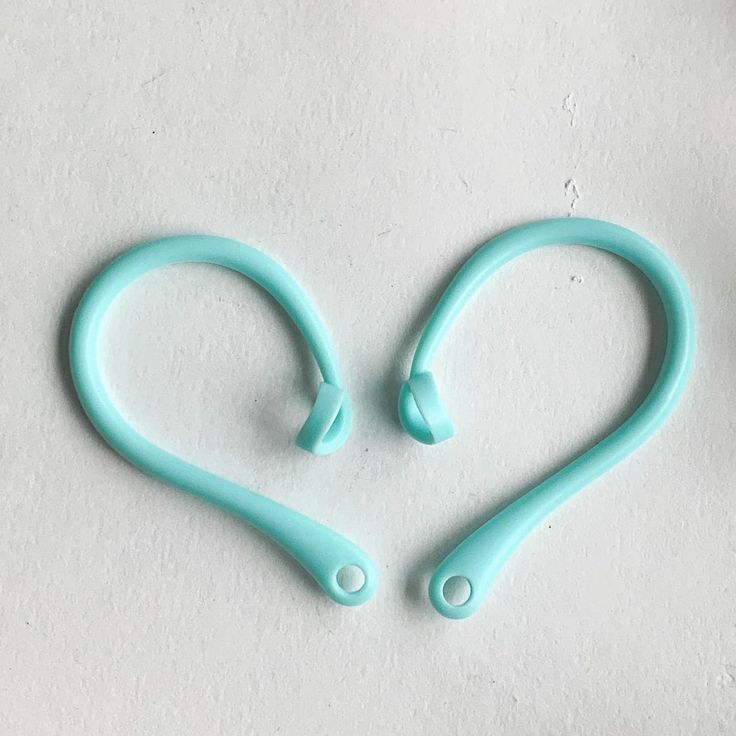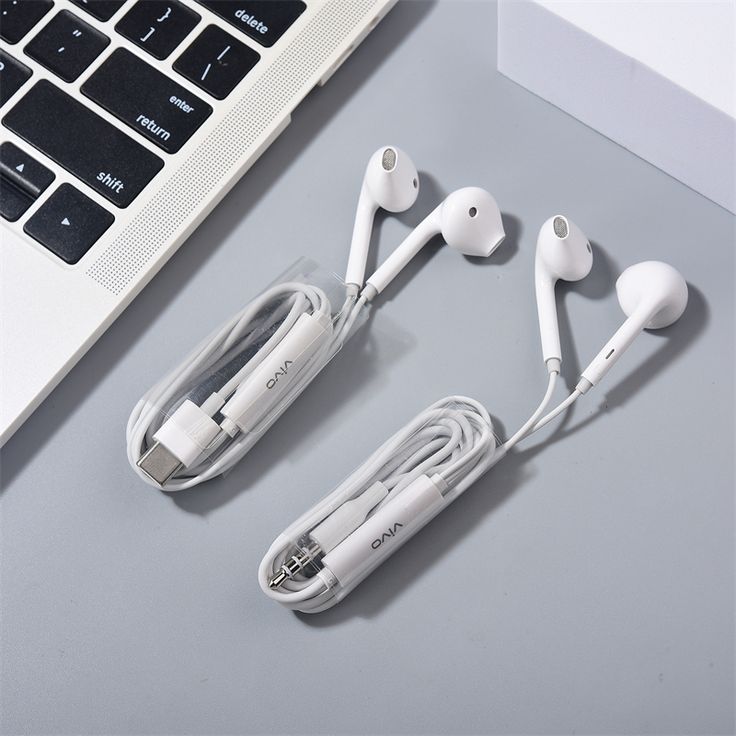In today’s world, headphones have become an indispensable part of our lives. We use them for everything from listening to music and podcasts to taking calls and gaming. But with so many options available, how do you determine what constitutes a good headphone? This guide will provide you with the knowledge and tools to make an informed decision. This way, you can find the perfect pair to suit your needs and preferences.
Understanding Your Needs
First and foremost, it’s crucial to identify your specific needs and priorities. Consider the following factors:
1. Primary Use
How will you primarily use your headphones? Will you be using them for critical listening at home? Or do you need a portable pair for commuting and travel? Perhaps you need headphones for gaming or working out. Identifying your primary use will help you narrow down your options.
2. Sound Quality
What level of sound quality are you looking for? Are you an audiophile who demands the utmost fidelity? Or are you a casual listener who prioritizes convenience and comfort? Your desired sound quality will influence your choice of headphone type and features.
3. Budget
Headphones come in a wide range of prices. Determine your budget early on to avoid overspending. Remember that price doesn’t always correlate with quality. You can find excellent headphones at various price points.
4. Comfort and Fit
Comfort is crucial, especially if you plan on wearing your headphones for extended periods. Consider factors such as earcup size, headband pressure, and overall weight. Look for headphones that fit your head and ears comfortably.
5. Features
Do you need any specific features? Noise cancellation can be beneficial for travel or noisy environments. Wireless connectivity offers freedom of movement. A built-in microphone is essential for taking calls. Prioritize the features that are important to you.

Key Factors Determining Headphone Quality
Now that you have a better understanding of your needs, let’s explore the key factors that determine headphone quality.
1. Sound Quality: Frequency Response, Clarity, and Soundstage
Sound quality is arguably the most important factor. It encompasses several elements:
- Frequency response: This refers to the range of frequencies a headphone can reproduce. A wider frequency response generally indicates a more accurate and detailed sound.
- Clarity: Good headphones deliver clear and detailed audio, allowing you to hear the nuances in your music or other audio content.
- Soundstage: This refers to the perceived spatial representation of the sound. A wider soundstage creates a more immersive listening experience.
2. Driver Technology: Dynamic, Planar Magnetic, and Electrostatic
The driver is the heart of the headphone. It’s responsible for converting electrical signals into sound waves. Different driver technologies offer varying levels of sound quality.
- Dynamic drivers: The most common type, offering a good balance of price and performance.
- Planar magnetic drivers: Known for their accuracy and detail, but often more expensive.
- Electrostatic drivers: The most accurate and detailed, but also the most expensive and require dedicated amplifiers.
3. Build Quality and Durability
A good headphone should be well-built and durable. Look for headphones made from high-quality materials that can withstand regular use. Consider factors such as headband construction, earcup materials, and cable quality.
4. Comfort and Fit: Earcup Design, Headband Pressure, and Weight
Comfort is crucial for extended listening sessions. Pay attention to the earcup design, headband pressure, and overall weight of the headphones. Look for a comfortable and secure fit that doesn’t cause fatigue.
5. Noise Isolation and Noise Cancellation
Noise isolation passively blocks out external noise, while noise cancellation actively cancels out unwanted sounds. These features can be beneficial for travel, commuting, or noisy environments.
Types of Headphones
Headphones come in various types, each with its own advantages and disadvantages.
1. Over-Ear Headphones
Over-ear headphones encompass the ears completely, providing good noise isolation and a comfortable fit. They are often preferred for critical listening and extended use.
2. On-Ear Headphones
On-ear headphones rest on the ears, offering a more portable and lightweight design. However, they may provide less noise isolation and can be less comfortable for some users.
3. In-Ear Headphones (Earbuds)
In-ear headphones fit snugly inside the ear canal, offering excellent noise isolation and portability. They are ideal for active lifestyles and travel.
4. Open-Back vs. Closed-Back Headphones
Open-back headphones have open earcups, allowing sound to pass through. This creates a more spacious soundstage but offers less noise isolation. Closed-back headphones have sealed earcups, providing better noise isolation.

Testing and Evaluating Headphones
Before making a purchase, it’s essential to test and evaluate the headphones.
- Listen to a variety of music: Test the headphones with different genres of music to assess their overall sound quality.
- Pay attention to detail: Listen for clarity, detail, and soundstage.
- Assess comfort: Wear the headphones for a while to determine their comfort level.
- Compare different models: If possible, compare different headphone models to find the best fit for your needs.
Choosing a good headphone involves careful consideration of your needs, preferences, and budget. By understanding the key factors that determine headphone quality and exploring the different types available, you can make an informed decision and find the perfect pair to enhance your audio experience. Remember to prioritize sound quality, comfort, and features that are important to you. With the right headphones, you can immerse yourself in your favorite music, podcasts, and other audio content with clarity, detail, and enjoyment.
Caring for Your Headphones
Proper care can extend the lifespan of your headphones and ensure optimal performance.
- Cleaning: Regularly clean your headphones with a soft cloth to remove dust and debris. For earcups and ear tips, use a slightly damp cloth and mild soap if necessary.
- Storage: Store your headphones in a protective case when not in use to prevent damage.
- Cable management: Avoid tangling or stressing the cables, especially with wired headphones.
- Battery care: For wireless headphones, follow the manufacturer’s recommendations for charging and battery care.
Headphone Accessories
Enhance your headphone experience with accessories.
- Amplifiers: Headphone amplifiers can improve the sound quality of your headphones, especially with high-impedance models.
- DACs (Digital-to-Analog Converters): DACs can enhance the audio signal from your digital devices, resulting in better sound quality.
- Ear tips: Experiment with different ear tip sizes and materials to find the best fit and sound isolation for your in-ear headphones.
- Headphone stands: Keep your headphones organized and protected with a dedicated headphone stand.

The Future of Headphones
Headphone technology continues to advance at a rapid pace. Here are some emerging trends to watch:
- Personalized sound: Headphones that adapt to your individual hearing profile for a customized listening experience.
- Bone conduction: Headphones that transmit sound through the bones of your skull, leaving your ears open to ambient sounds.
- Augmented reality audio: Headphones that blend real-world sounds with virtual soundscapes for immersive experiences.
- Health and wellness features: Headphones with integrated sensors that track your heart rate, brain activity, or sleep patterns.
Conclusion
Determining a good headphone is a journey of exploration and discovery. By understanding your needs, considering the key factors that define quality, and exploring the diverse world of headphone types and features, you can find the perfect pair to elevate your audio experience. Remember to prioritize sound quality, comfort, and features that align with your lifestyle. With the right headphones, you can unlock a world of immersive sound and enjoy your favorite audio content with clarity, detail, and enjoyment.










